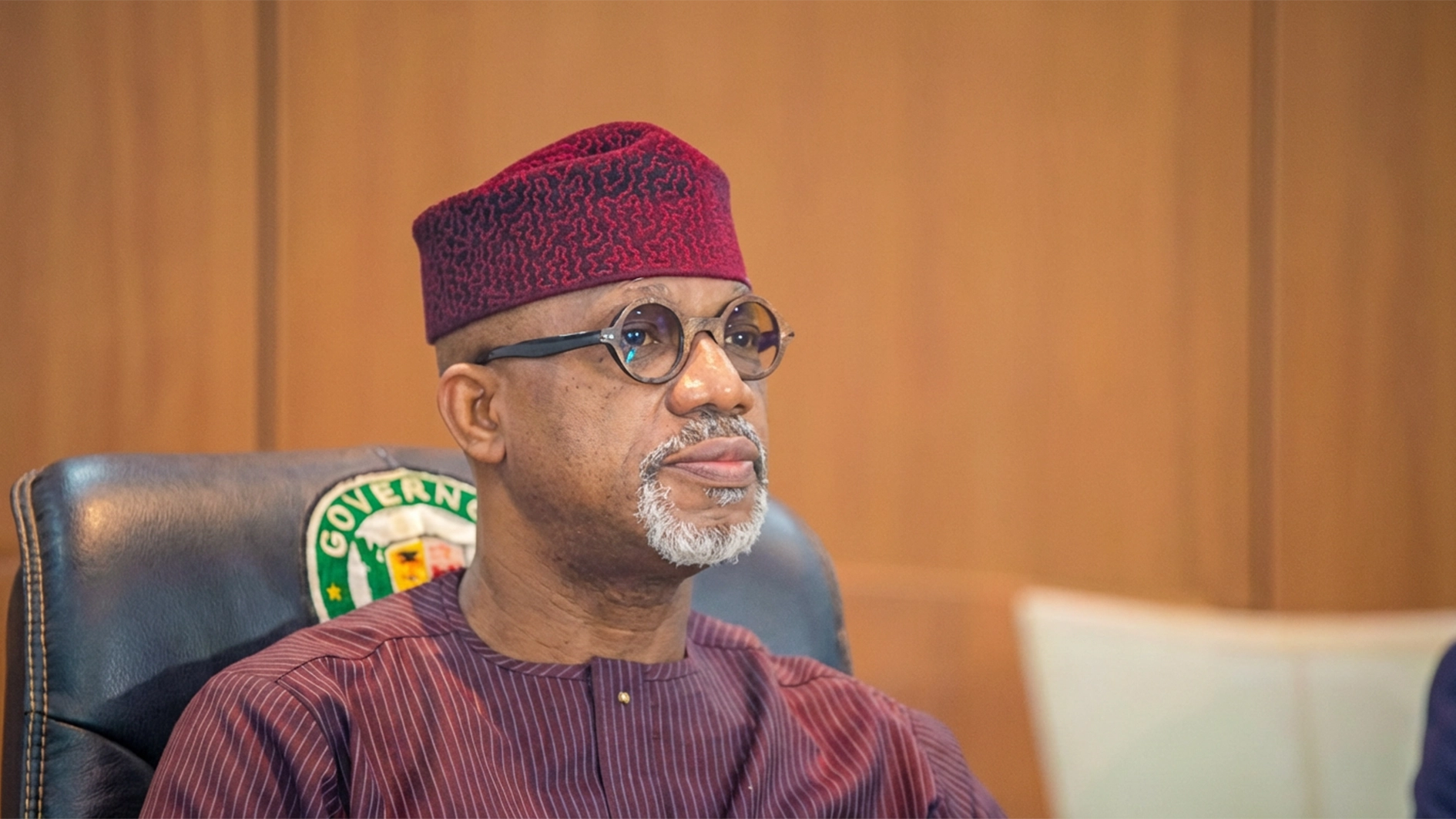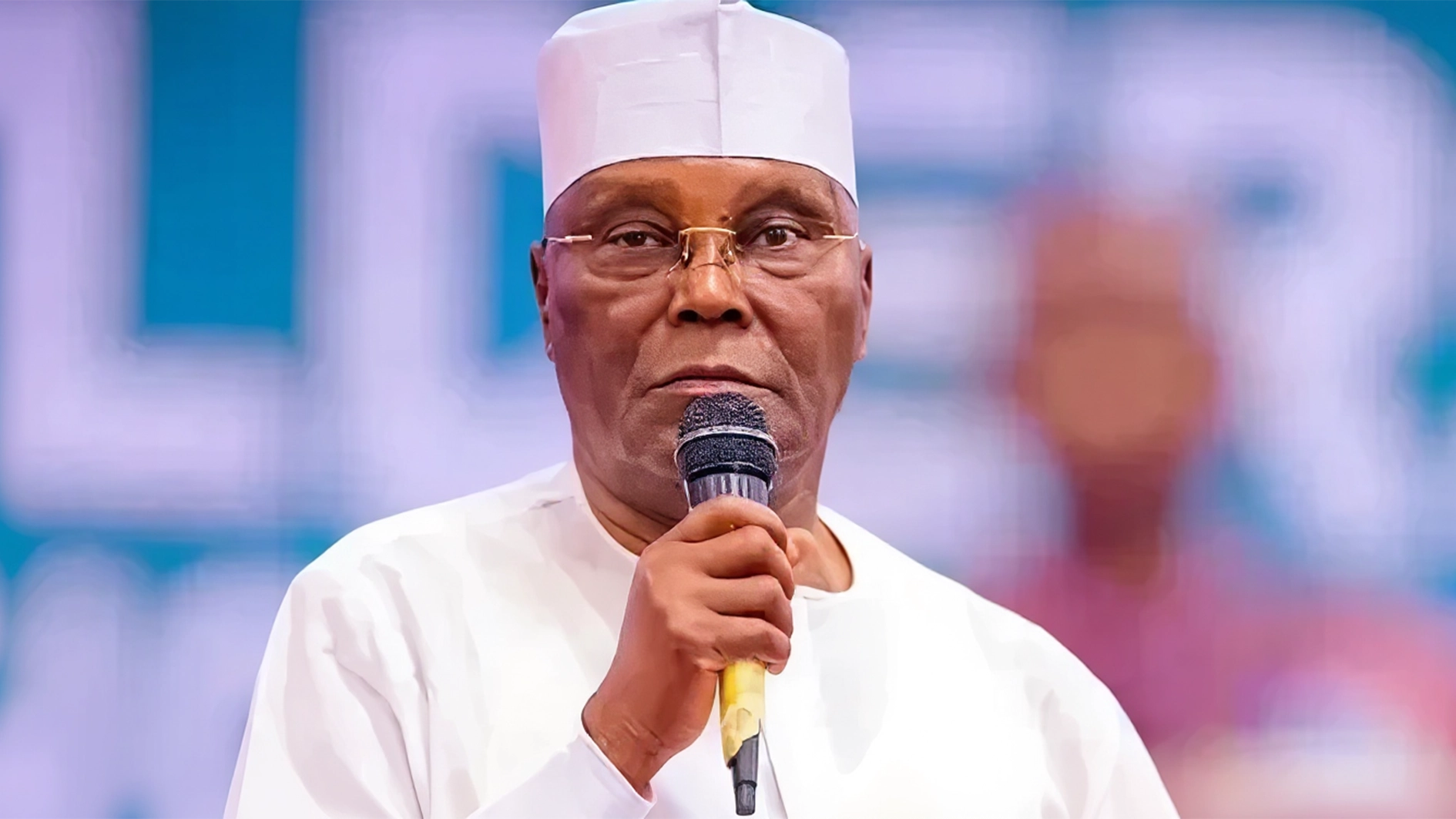In a significant push to set a new national pace for gender equity, the Nigeria Governors’ Forum (NGF) on Tuesday in Abuja inaugurated the maiden Community of Practice (COP) for Commissioners of Women Affairs across the 36 states of the federation.
The event, which comes as a major national step toward strengthening gender equality, women’s empowerment, and inclusive governance across Nigeria, represents a turning point in Nigeria’s commitment to women and girls.
Chairman of the NGF and Governor of Kwara State, Alhaji AbdulRahman AbdulRazaq, who performed the unveiling, in his remarks at the occasion, declared: “Today we unite to further the cause of gender equality and reinforce the institutional frameworks that support women’s empowerment throughout Nigeria…
“Our collective efforts have brought together dedication, resources, and strategic initiatives to make gender inclusion an essential component of governance and development at all levels.”
While highlighting the collaborative role of the states, the NGF chairman stressed that the event marks an important step forward, as Commissioners of Women Affairs from every state come together to pool their expertise and determination to pursue a shared vision for lasting progress.
Further, he disclosed that a new Gender Affairs Department has been established within the NGF to strengthen subnational support for gender equality and social inclusion, noting, “We have developed a comprehensive Gender Equality and Women’s Economic Empowerment Strategic Plan 2025 to 2029, which is aligned with the National Gender Policy, the National WEE Policy, and the Sustainable Development Goals.”
“This plan,” he added, “outlines ambitious yet achievable targets for mainstreaming gender perspectives in governance, budget processes, and legal reforms throughout the country.”
Governor AbdulRazaq stated: “The Nigeria Governors’ Forum has integrated the Nigeria for Women Programme into state-level plans and priorities. Initially piloted in six states, the programme has now expanded its operations to 31 states, reflecting widespread acceptance and implementation across Nigeria.
“The adoption of the Women’s Economic Empowerment Policy at the state level continues to gain momentum, with states such as Kaduna, Kwara, and Lagos leading the way. All other states are committed to domesticating the policy, ensuring inclusion and empowerment in every one of Nigeria’s 774 local government areas.”
He described the new Community of Practice as a vehicle for nationwide progress, reiterating that the collaborative platform is designed to empower Commissioners, gender advocates, and technical experts to join forces to address challenges, share best practices, and drive accelerated action for women’s rights.
According to the NGF chairman, the COP will drive action on political participation, economic inclusion, protection from gender-based violence, and access to essential services.
He closed by thanking all partners and reaffirming the NGF’s commitment.
Earlier, while declaring the platform open, the Director General of the NGF, Dr Abdulateef Shittu, reaffirmed the Forum’s commitment to gender equity as a core driver of development, even as he pointed out that the NGF remains strongly committed to strengthening gender equity, inclusive governance, and the economic empowerment of women across all states. Sustainable development is impossible when half of the population is left behind, and empowering women creates a multiplier effect that strengthens households, communities, and state economies.
Dr Shittu explained that the COP was designed to encourage shared learning and joint action, stressing that “collaboration, not isolation, is the gateway to real progress. States are doing incredible work, but exchanging lessons, aligning strategies, and building a unified voice will accelerate the impact across the country.”
In a keynote speech, the Dean of Commissioners of Women Affairs and Commissioner for Cross River State, Honourable Edema Irom, called the inauguration “historic and timely.” She explained that it comes at a time when “women’s economic empowerment, political inclusion, and improved governance structures are national priorities.”
She itemised, full domestication of the National Women’s Economic Empowerment Policy, stronger coordination with national and development partners, increased representation of women in leadership, expansion of data-driven programmes such as the Nigeria for Women Project, and the use of the Community of Practice for peer learning and harmonisation of state efforts, as the five commitments the commissioners are to champion.






